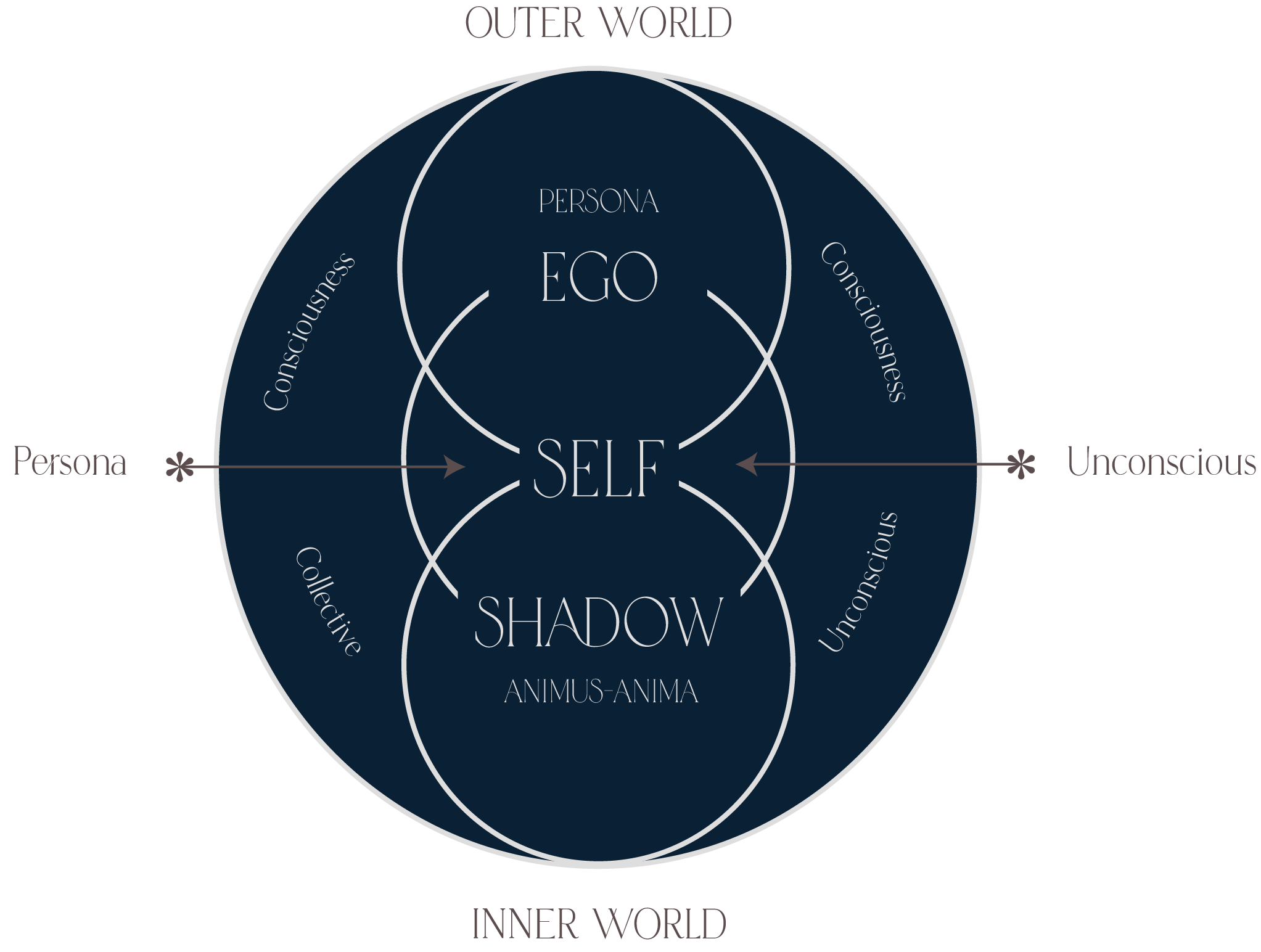Carl Jung's Analytical Psychology
“I am not what happened to me, I am what I choose to become” Carl Jung
Carl G Jung, a Swiss psychiatrist, 1875-1961, was one of the pioneers of modern depth psychology and psychoanalysis. Jung's influence on modern psychology is profound, with his contributions shaping fundamental concepts that remain integral to the field. His work extended far beyond the confines of traditional psychoanalysis.
We owe much of our understanding to Jung, who introduced concepts such as extroversion and introversion, archetypes, modern dream analysis, and the collective unconscious. His impact is further evident in psychological terms like the archetype, the complex, and synchronicity.
Jung proposed that the psyche operates as a self-regulating system related to the body, seeking balance between opposing qualities while consistently striving for growth.
Jung's viewpoint suggests that many of our questions and much of our suffering stem from the challenges faced by the human soul.

In his view, engaging in a new form of dialogue between ego consciousness and the psyche becomes crucial. This unique dialogue, facilitated by understanding these elements, becomes a process of psycho-spiritual enlargement. Through this, individuals can embrace a more expansive perspective, enabling them to integrate opposing forces rather than being fragmented by them.
In essence, Jung's approach encourages a profound exploration of the self, promoting a harmonious integration of diverse aspects of the psyche for a more balanced and enriched existence.


